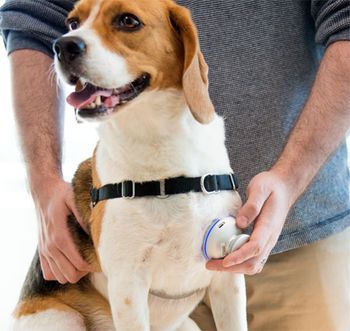
A wireless, AI-enabled veterinary stethoscope boldly goes where (you know the rest).

A wireless, AI-enabled veterinary stethoscope boldly goes where (you know the rest).
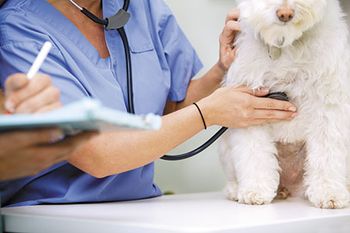
A new study shows that intervention with pimobendan may be helpful in asymptomatic dogs with structural cardiac changes.

According to Dr. Pollard, a radiograph alone won't give you the answer you're looking for when you suspect a veterinary patient's heart is abnormal.

When a veterinary patient presents with coughing, you know you must distinguish between a cardiac or respiratory cause. Which is it? This veterinary cardiologist helps you sort through your differentials.
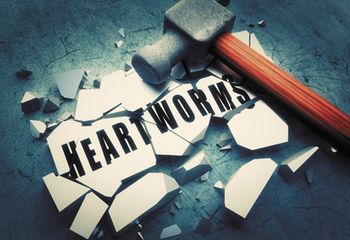
Seriously. Its time to take a stand on these veterinary client non-compliance situations.

This cardiologist wants to prove that the intense effects of the fight-or-flight "sympathetic storm" in pets from scary veterinary visits can wear out their hearts before their time.

Comparing a cat's initial concentration of this assay with the results at discharge and during follow-up may help assess survival time.

The cat, which had history of heartworm disease, presented with rear leg lameness.
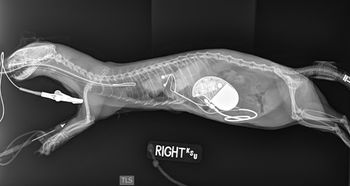
Here's an update on adrenal disease therapy for these more unusual veterinary patients, plus the adventure of Zelda, a rare recipient of a pacemaker thanks to Kansas State University.
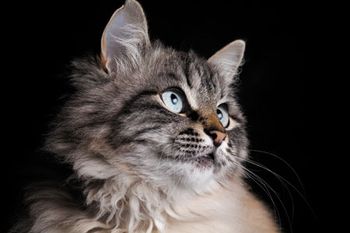
A recent study suggests that cats presenting with higher blood pressure when diagnosed with hypertension could benefit from greater doses of amlodipine.

Make sure clients are aware of the signs of heart disease with this in-depth infographic.
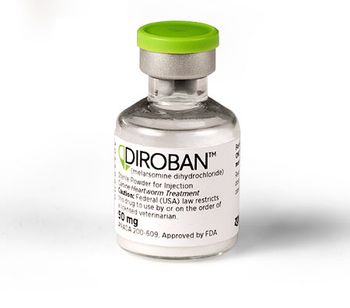
Zoetis releases Diroban (melarsomine dihydrochloride) injection amid long-term shortage issues.

MYK-461 shows promise as a novel veterinary approach to treating the disease at a molecular level.
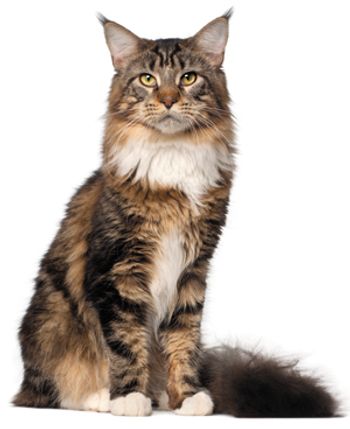
Good news for people with hypertrophic cardiomyopathy means good news for catsand vice versa.

Clarke Atkins, DVM, DACVIM (cardiology), says it's the right preventive led off by the right antibiotic. Do you do it every time with your canine patients?
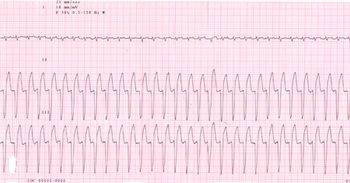
This cheat sheet next to your ECG machine can cut down on your differential deliberation.

Each Veterinary Medicine Essentials package covers diagnostic steps, treatment plan guidance and the latest updates, plus resources to share with your entire veterinary team and your clients.

Feline heartworm has been diagnosed in all 50 states, and it was important enough the American Association of Feline Practitioners crafted an entire campaign about it. So why don't veterinary technicians talk about preventive care as much as we could?

Many people mistakenly think Doberman pinschers, which have stood alongside soldiers and police officers, arent in need of attention and affection. But being misunderstood isnt the breeds only dilemma. Here are five common Doberman pinscher problems veterinarians should know.

Human medicine serves as springboard for advancements in veterinary cardiology.
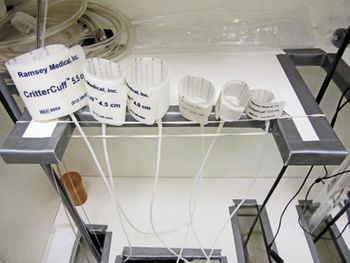
Have a change of heart-or your standard operating procedures-when it comes to helping patients with this debilitating cardiac disease.

Study suggests that heart enlargement may be predictor of sudden cardiac death in Doberman pinschers with dilated cardiomyopathy.

Rumple, a 2-year-old Havanese, undergoes a stenting procedure usually used in young human cardiac patients.

The UGA study seeks to extend life expectancy in affected cats through novel anticoagulant therapy.

Your heart sinks when a veterinary patient comes into your clinic with signs that could be related to dilated cardiomyopathy. Here's how to confirm that is what you are dealing with and some breed-specific factors that may come in to play.